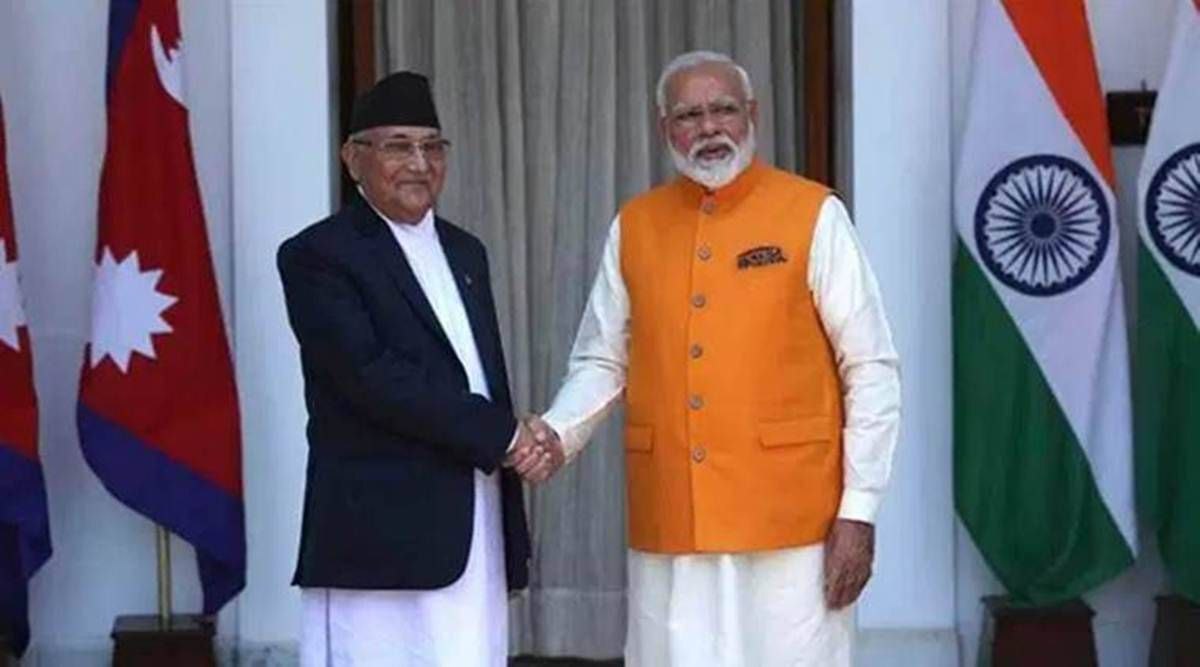
A pragmatic approach, for better India-Nepal ties
The recent visit of Nepal PM has shown that a pragmatic approach and mutual sensitivity can re-energise bilateral relations.
A pragmatic approach, for better India-Nepal ties
The recent visit of Nepal PM has shown that a pragmatic approach and mutual sensitivity can re-energise bilateral relations.
The historical relationship shared by the two neighbours is not without irritants such as the 1950 Treaty, border differences, and India's reluctance to receive the report of the Eminent Persons Group set up by the two governments.
However, the maturity showed by both the leaders have resulted in a few "game changers". These can transform the economic landscape of the region, such as hydropower projects to supply energy to India, infrastructure, access to Indian river transport, innovative tourism circuits, and better connectivity.
•After the pandemic, renewed high-level commitment to bilateral cooperation on multiple fronts, with improved delivery, was necessary. The Mahakali treaty, identifying the Pancheshwar Multipurpose Project, with power stations on both banks was signed.
• There is a new dimension of cooperation in the power sector with the transmission passage (trilateral) from Nepal to Bangladesh through India. With new projects under implementation, and the finalization of an agreement for a long-term power trade, export of power from Nepal to India will reach 10,000 MW within a timeframe of 10 years.
• Enhancing digital financial connectivity is another crucial development. The MoU between the NPCI and the Nepal Clearing House Ltd. for facilitating cross-border digital payments, and the Indian offer to create a ground station and supply 300 user terminals to offer service of the South Asia satellite to Nepal are important steps.
These would promote regional cooperation in the space sector, and space technology applications such as telecommunication and broadcasting, banking and ATM services, meteorological data transmission, disaster response and the networking of academic and research institutions.
With both the governments moving over their political differences and continuing to keep a steady focus on development, an era of prosperity awaits the region.
